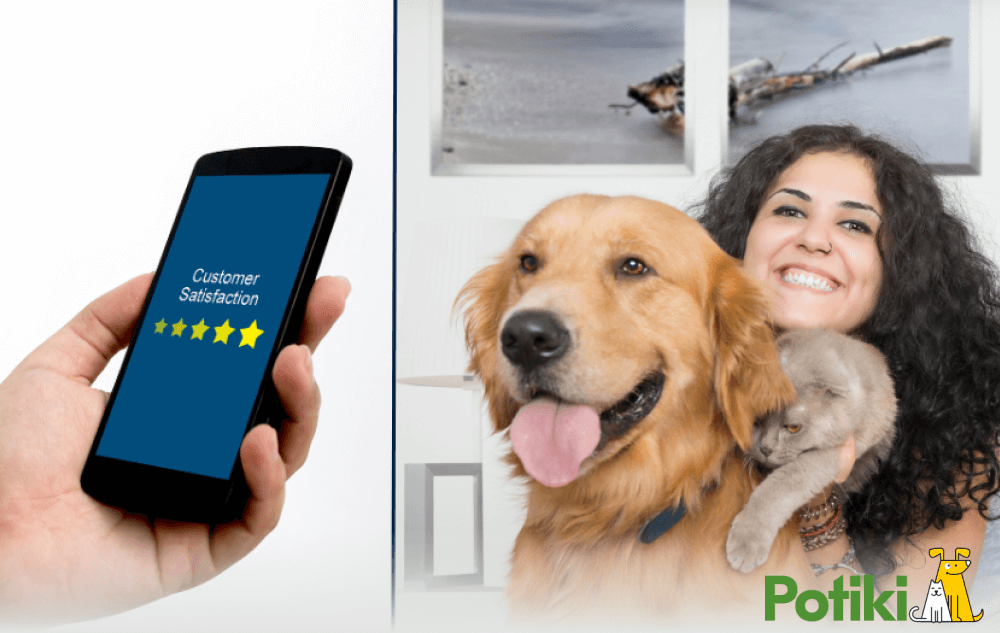As a pet owner, you understand the importance of providing the best care for your furry companion. Pet insurance can offer financial protection and peace of mind when unexpected veterinary expenses arise. When considering pet insurance, it’s essential to gather information and insights from various sources, including pet insurance reviews. In this article, we will explore the significance of pet insurance reviews, factors to consider when reading them, compare pet insurance plans based on reviews, discuss common complaints and issues, present real-life case studies, and conclude with recommendations to help you make an informed decision.
Should You Consider Pet Insurance Reviews?
Pet insurance reviews can provide valuable insights into the experiences of other pet owners with different insurance providers. While reviews should not be the sole factor influencing your decision, they offer a glimpse into the quality of service, claims process, and overall customer satisfaction. By considering pet insurance reviews, you can gain a better understanding of what to expect from specific providers and make a more informed decision.
Factors to Consider When Reading Pet Insurance Reviews:
- Relevance and Authenticity: Look for reviews that are specific to the insurance provider and policy you are considering. Ensure that the reviews are from authentic sources, such as reputable review platforms or trusted pet-related websites.
- Overall Consensus: Pay attention to the overall consensus among reviewers. While individual experiences may vary, a pattern of positive or negative reviews can indicate the general quality of the insurance provider.
- Reviewer’s Experience: Consider the reviewer’s experience and circumstances. Factors such as the pet’s age, breed, pre-existing conditions, and the nature of the claims filed can significantly impact their experience and satisfaction level.
- Scope of Coverage: Evaluate whether the review mentions the aspects of coverage that are important to you, such as accidents, illnesses, hereditary conditions, or routine care. Reviews that align with your specific needs can provide more relevant insights.
- Claims Process and Reimbursement: Look for reviews that discuss the claims process, including ease of filing claims, required documentation, and timeliness of reimbursements. Positive reviews in this regard can indicate efficient and customer-friendly processes.
- Customer Service and Support: Consider reviews that highlight the level of customer service provided by the insurance company. Positive experiences with customer support can make a significant difference during stressful situations.
- Long-Term Satisfaction: Assess if the reviews mention long-term satisfaction with the insurance provider. This is particularly important as pet insurance is a long-term commitment, and consistent quality of service matters over time.
- Some review sites also go into detail breaking down reviews to include a sub rating on each of the following: claim resolution time, was the claim approved, value for money, transparency, and customer service. It is important to consider each factor.
Comparison of Pet Insurance Plans Based on Reviews:
After gathering a range of pet insurance reviews, you can compare different providers based on key aspects such as coverage options, claims process, customer service, and overall customer satisfaction. Look for patterns and trends in the reviews to identify the insurance providers that consistently receive positive feedback in areas important to you.

Common Complaints and Issues in Pet Insurance:
While pet insurance reviews can provide valuable insights, it is also crucial to be aware of common complaints and issues that pet owners may face. Some of the common concerns include:
- Pre-existing Condition Exclusions: Pet insurance providers often exclude pre-existing conditions from coverage. This can be a source of frustration for pet owners with pets who have existing medical conditions.
- Waiting Periods: Some policies have waiting periods before certain conditions or treatments are covered. Understanding and considering these waiting periods is essential when choosing a policy.
- Claim Denials: Reviewers may mention instances where claims were denied, leading to dissatisfaction. Pay attention to the reasons for claim denials mentioned in the reviews and consider their relevance to your situation.
- Premium Increases: Pet insurance premiums may increase over time. Assess reviews that discuss premium adjustments and evaluate the frequency and extent of such increases.
- Policy Limitations: Certain policies may have coverage limitations, such as annual or lifetime caps on benefits or sub-limits. Some pet insurer policy sub-limits are more generous than others. Consider reviews that highlight limitations and ensure they align with your expectations.
Case Study: Real-Life Experiences with Pet Insurance:
To further illustrate the impact of pet insurance and provide real-life insights, let’s consider a case study:
Case Study: Sarah, a cat owner, enrolled her pet in a pet insurance policy that covered accidents, illnesses, and routine care. When her cat suddenly fell ill, Sarah filed a claim for the veterinary expenses. To her relief, the claims process was smooth, and she received reimbursement within a reasonable time frame. Sarah’s positive experience with the insurance provider’s customer service further enhanced her satisfaction. However, Sarah did mention in her review that she experienced a premium increase after the first year, which was something she hadn’t anticipated.
Conclusion and Final Recommendations:
Pet insurance reviews can be valuable resources when researching and selecting the right insurance provider for your pet. However, it’s essential to consider these reviews in conjunction with other factors such as coverage options, pricing, and policy terms. Look for patterns in reviews to identify insurance providers that consistently receive positive feedback in areas important to you. Additionally, be aware of common complaints and issues raised in reviews to make an informed decision.
To select the best pet insurance:
- Research multiple sources for reviews to gather a comprehensive understanding.
- Consider the relevance, authenticity, and overall consensus of the reviews.
- Evaluate reviews based on factors such as coverage, claims process, customer service, and long-term satisfaction.
- Be mindful of common complaints and issues in pet insurance and assess their significance to your specific needs.
- Use reviews as one of several factors when comparing pet insurance plans.
- Seek advice from your veterinarian or trusted pet insurance professionals.

By combining insights from pet insurance reviews with thorough research and careful consideration of your pet’s needs, you can make an informed decision and choose a pet insurance provider that offers reliable coverage and peace of mind for your beloved companion.
For Pet Insurance get cover for accident and Illness conditions with Potiki (together with petinsurance.com.au) and get access to Potiki Perks#. Potiki Perks# comes with the free Potiki Perks app offering exclusive offers, 2-for-1 deals, and up to 20% off in categories like dining, activities, shopping, travel, and more. You will also have access to myPetPass™** which unlocks extra support and savings on everyday pet essentials such as online vet care, discounted pet prescription medication and savings on premium pet food.


